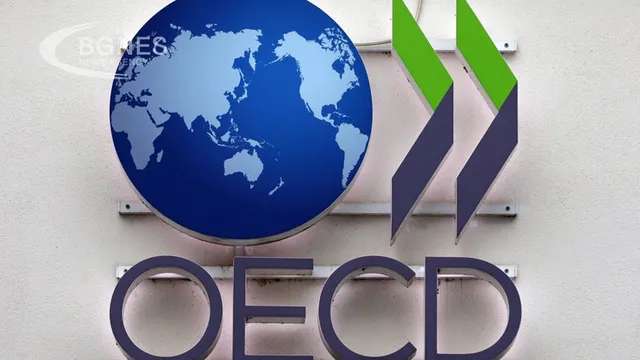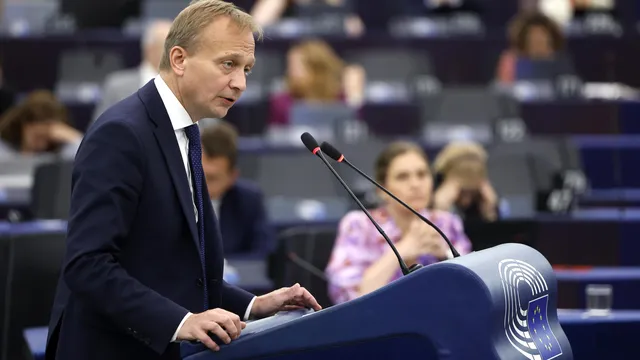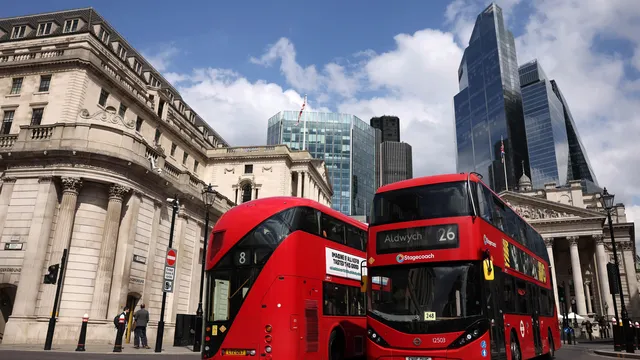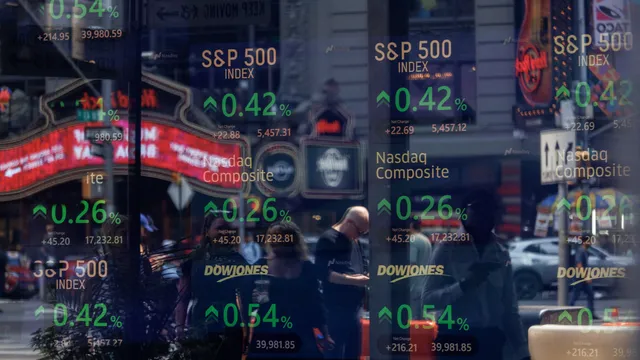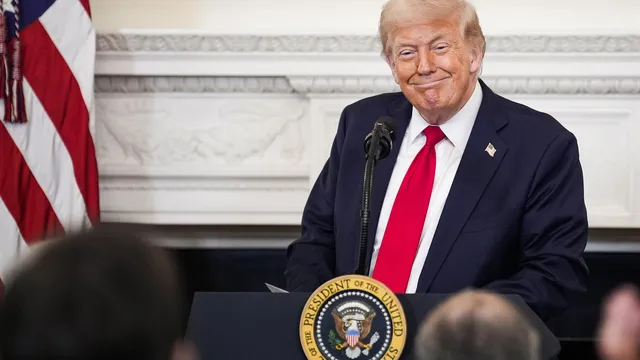Subsidies that China grants to its steel producers are “distorting” the global market and hindering investment in decarbonization in the industry, according to a new OECD report, AFP reported.
China is the world's largest steel producer, with output set to exceed 1 billion tons in 2024, and the collapse in domestic demand has forced producers to seek foreign markets.
The Organization for Economic Cooperation and Development said the global steel market is “distorted by non-market forces, where producers that do not benefit from subsidies cannot compete on a level playing field.”
“The percentage of subsidies for steel in China (as a percentage of corporate revenue) is five times higher than the average for other partner economies,” the organization added, noting that steel exports from China have doubled since 2020.
According to the OECD, China's exports reached a record high of 118 million tons in 2024, while imports plummeted by almost 80% to 8.7 million tons.
The downturn in China's real estate market has led to a slump in steel demand in recent years. Angang Steel, the world's third-largest steel producer, said in March that it lost nearly $1 billion last year.
These changes for the world's leading steel producer represent a “significant challenge” for other countries as their exports decline and imports increase, according to the OECD Steel Outlook 2025 report.
Since 2020, steel imports have increased by nearly 13% in the European Union and the United Kingdom, 18% in Japan and South Korea, 40% in North America, 52% in Turkey, 60% in South America, and 77% in Oceania.
Chinese exports to third markets are also growing, the report adds.
Some of these markets "are also struggling with growing excess capacity, such as North Africa, the Middle East, and Southeast Asia, which in turn is leading to an increase in their exports, especially to OECD countries, as their domestic markets are saturated with excess steel," the report further states.
The situation is leading to the spread of “trade defense measures.” In 2024, 19 governments launched 81 “anti-dumping investigations related to steel products” — five times more than the previous year.
“Almost 80% of cases were initiated against Asian producers, with China alone accounting for more than a third of the total,” the report says.
US President Donald Trump imposed a 25% tariff on all imported steel this year as part of his trade revolution.
The British government passed emergency legislation in April to take control of the country's last blast furnaces after Chinese owners of British Steel threatened to close the plant. Jingye Steel said British production was no longer profitable.
The glut of cheap steel is having a major impact on efforts to invest in decarbonization in the industry, with steel production alone responsible for 8% of global CO2 emissions.
“Steel producers cannot return to sustainable levels of profitability until the problem of global overcapacity and its consequences are addressed in a meaningful way,” the OECD said.
“Global cooperation is needed to create a level playing field in the global steel market,” the organization added. | BGNES

 Breaking news
Breaking news
 Europe
Europe
 Bulgaria
Bulgaria
